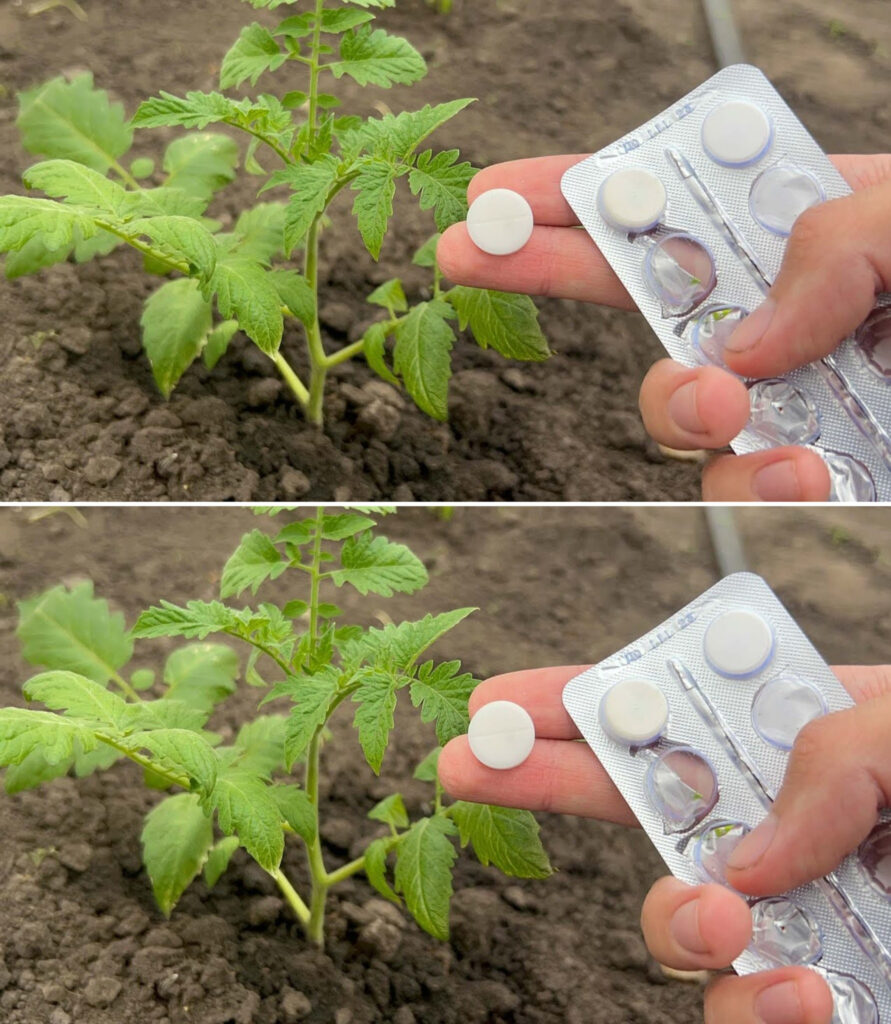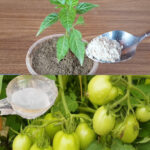Aspirin, when used in certain concentrations, can have several positive effects on flowers. Here’s what aspirin can do when applied to flowers:
- Extended Flower Life: Aspirin can help extend the vase life of cut flowers by inhibiting the growth of bacteria in the water. Adding a crushed aspirin tablet to the vase water can help keep the water clean and clear, preventing the growth of harmful microorganisms that can clog the flower stems and shorten their lifespan.
- Enhanced Water Uptake: Aspirin contains salicylic acid, which can stimulate the production of ethylene, a plant hormone that promotes water uptake and improves hydration in cut flowers. By increasing water absorption, aspirin-treated flowers may stay fresher and more hydrated for longer periods.
- Reduced Wilting: Aspirin has been shown to have anti-wilting properties that can help prevent premature wilting and drooping in cut flowers. Treating flowers with aspirin can strengthen their cell walls and vascular systems, reducing water loss and maintaining turgidity.
- Resistance to Stress: Aspirin has been found to enhance the stress tolerance of plants, including cut flowers. By applying aspirin to flower stems or adding it to vase water, you may help flowers withstand environmental stresses such as heat, drought, or exposure to pollutants.
- Disease Prevention: Aspirin has mild antifungal properties that can help prevent fungal diseases such as botrytis (gray mold) from affecting cut flowers. Treating flowers with aspirin can reduce the risk of fungal infections and prolong their overall freshness and appearance.
To use aspirin with flowers, follow these steps:
- Crush one aspirin tablet (325 mg) and dissolve it in a gallon of lukewarm water.
- Fill a clean vase with the aspirin solution, ensuring that the stems of the flowers are submerged in the water.
- Trim the stems of the flowers at an angle before placing them in the vase to promote better water uptake.
- Change the vase water and aspirin solution every 2-3 days to maintain water quality and freshness.
It’s important to note that while aspirin can benefit many types of flowers, some flowers may be sensitive to aspirin or may not respond positively to its use. It’s always a good idea to test aspirin treatment on a small sample of flowers before treating an entire bouquet or arrangement. Additionally, always use aspirin in moderation and follow proper dosage and application instructions to avoid any adverse effects on flowers.


